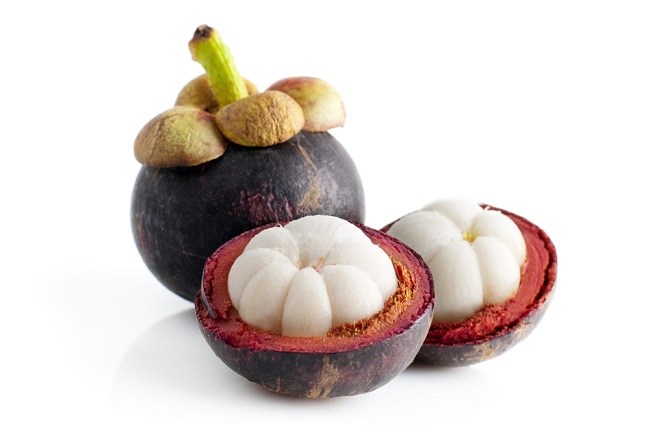Certain types of food can make you more prone to indigestion, including constipation. nowIn order to keep digestion smooth while fasting, there are some foods that cause constipation that need to be limited during iftar or sahur.
Based on research, constipation or difficult bowel movements are more prone to occur when fasting. Apart from the lack of fluid and fiber intake, constipation during fasting can also occur due to consuming too many certain foods. Come on, find out more what foods cause constipation while fasting!

Various Foods That Cause Constipation
In order to fast fast and avoid constipation, you need to limit the consumption of various foods that cause constipation, such as:
1. Red meat
Red meat contains a lot of protein and fat. Both of these nutrients are more difficult and take longer to digest than carbohydrates. That's the reason why eating too much red meat while fasting is at risk of causing constipation.
2. Milk and dairy products
Eating too much milk and dairy products, such as cheese, yogurt, and ice cream, can also put you at risk for constipation. This is associated with the high content of protein and lactose in milk.
3. Processed food
Foods that cause constipation during the next fast are processed food products, such as sausage, corned beef, beef jerky, ham, and canned tuna or sardines. Although practical to prepare as an iftar or sahur meal, processed foods generally contain high levels of fat and salt. This makes the body have to work harder to digest it, which can trigger constipation.
4. Foods high in sugar
Eating too many foods that are high in sugar, such as kue lupis, compote, or salak seeds, can make you constipated. If you want to eat sweet foods, you are encouraged to eat fruits, such as dates, which are rich in fiber and can prevent constipation.
5. Fried
Fried food is indeed tempting, especially to be eaten when breaking the fast. However, fried foods are high in fat, making them more difficult to digest. Therefore, consumption of fried foods should be limited if you do not want to suffer from constipation while fasting.
6. Eggs
In addition to being high in protein, eggs do not contain enough fiber to help with digestive performance. So that egg consumption does not cause constipation while fasting, it is recommended to add vegetables to the processed eggs you eat.
7. Fast food
Fast food, such as french fries, burgers, and pizza, is tempting, but this type of food includes foods that cause constipation. Fast food can cause constipation because it is low in fiber and high in fat.
How to Overcome Constipation
In addition to limiting the consumption of foods that cause constipation, there are several ways you can do to prevent constipation while fasting, including:
1. Increase the intake of fiber foods
To overcome constipation while fasting, add fibrous foods, such as vegetables and fruit, to the iftar or sahur menu. Fiber foods can make stools softer, thus effectively preventing constipation.
2. Increase the consumption of water
In addition to increasing fiber intake, you are also advised to drink more water. Consumption of sufficient water not only keeps the body hydrated, but also softens stools and facilitates bowel movements.
3. Exercise regularly
Fasting shouldn't stop you from exercising. In addition to maintaining health and endurance, exercising regularly for 30 minutes every day can also help bowel movements so you avoid constipation.
4. Taking laxatives
If lifestyle changes have been made, but constipation has not been resolved, the consumption of laxatives can be the solution. One type of laxative that you can try is one that contains bisacodyl. This drug works by stimulating bowel movement or contractions, so constipation problems can be resolved. In addition, this type of laxative does not interfere with the body's electrolyte balance, so it does not make the body weak when fasting.
In order to avoid constipation while fasting, start limiting the consumption of the foods above. At least, complete the menu at iftar and suhoor with foods that contain high fiber, such as fruits and vegetables, and drink plenty of water, at least 8 glasses per day.
However, if the complaints of constipation do not go away, you should consult a doctor to get the necessary examination and treatment. Especially if constipation is accompanied by rectal bleeding, weight loss, or fever.









